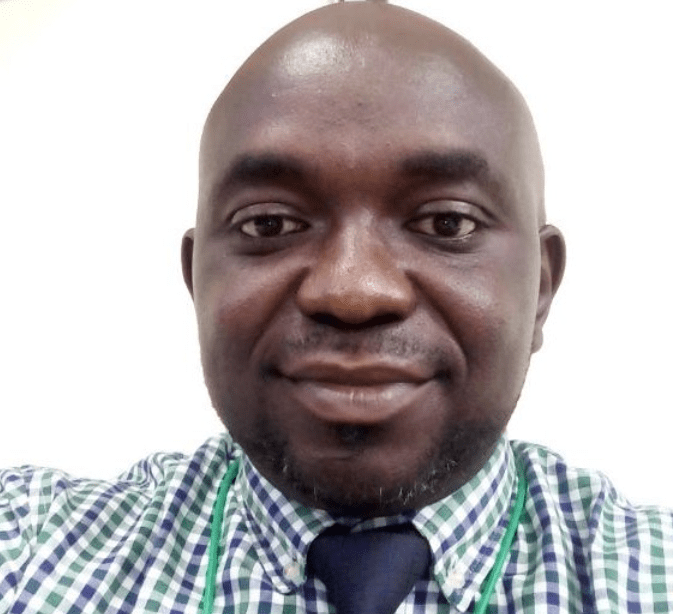Africa
2027 Elections: Why the Current Administration Must Not Rest on Its Oars -By Kenechukwu Aguolu
While President Tinubu may currently appear to be the frontrunner in the lead-up to 2027, nothing is guaranteed. The political climate can change rapidly. A united opposition, even if made up of smaller groups, can become a formidable threat. More importantly, if the economic and security challenges remain unresolved, the Nigerian people themselves could become the biggest opposition—not through protest in the streets, but through the ballot box.

As the 2027 general elections draw closer, the political atmosphere in Nigeria is gradually heating up. Political parties are beginning to explore mergers and collaborations in a bid to strengthen their positions ahead of the polls. Although the current administration appears to be in a strong position to retain power, the opposition should not be underestimated.
Drawing from Mealeow’s Theory of Influence, one key principle is that influence is never static—it can rise or fall depending on prevailing conditions. A small group of individuals, each with limited influence, can become a significant force when they come together with a common purpose. This highlights the need for the current administration to remain vigilant and proactive, as the political landscape can shift swiftly in the months ahead.
Recently, there have been high-profile defections to the All Progressives Congress (APC), with indications that more may follow.
While this strengthens the ruling party, political analysts are expressing concern over the possibility of Nigeria drifting toward a one-party system—an outcome that poses a risk to the health of democracy. Meanwhile, opposition parties are downplaying the significance of these defections, projecting confidence in their ability to stay relevant.
However, beyond party politics, the real game-changer in the 2027 election will be the everyday experiences of Nigerians. Economic hardship, inflation, unemployment, and insecurity continue to plague the country. If these challenges persist, the administration could face a backlash in the form of protest votes—where citizens choose an alternative not because they believe in the candidate, but because they are dissatisfied with the status quo.
Unlike a challenger who can afford to make lofty promises, an incumbent is primarily judged by the results of their time in office. The benefit of the doubt often tilts in favor of opposition candidates, who can campaign on hope and potential. This places a higher burden on President Tinubu’s administration to not only maintain political relevance but to ensure that real, measurable improvements are felt across the country. Political grandstanding alone will not suffice; Nigerians are looking for concrete progress in areas that directly impact their daily lives.
To boost its chances in the 2027 elections, the administration must take targeted action on key national concerns. The recent drop in food prices is a positive development, but further and sustained efforts are necessary to ease the overall cost of living. Strengthening the Naira and curbing inflation should remain top priorities to stabilize the economy.
Insecurity, which continues to afflict several parts of the country, must be addressed with more strategic and effective measures.
Additionally, the government must prioritize transparent and consistent communication of its achievements, ensuring that citizens are aware of progress made. Lastly, public officials must exercise caution in their rhetoric, avoiding statements that could breed division or mistrust.
While President Tinubu may currently appear to be the frontrunner in the lead-up to 2027, nothing is guaranteed. The political climate can change rapidly. A united opposition, even if made up of smaller groups, can become a formidable threat. More importantly, if the economic and security challenges remain unresolved, the Nigerian people themselves could become the biggest opposition—not through protest in the streets, but through the ballot box.
Therefore, while welcoming political heavyweights into the APC is a strategic move, the administration must not lose sight of the bigger picture. Ultimately, it is the people’s welfare and perception that will determine the outcome of the next election.
Kenechukwu Aguolu

























